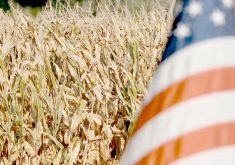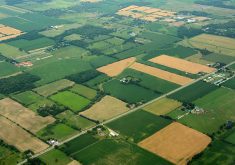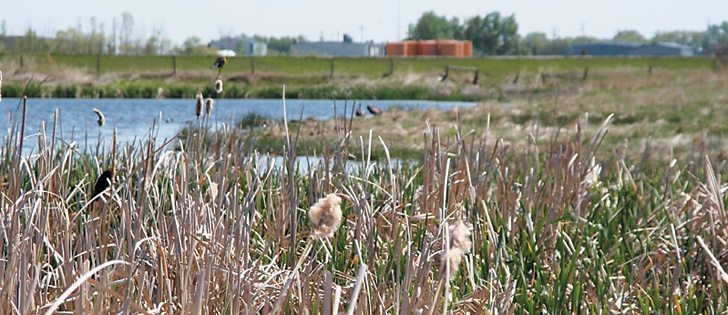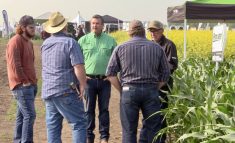Jim Paxman is a believer in farm safety. Ten years ago, he survived having two 1,600 pound round bales bounce off his back.
The Raymond, Alta., farmer and another man were hauling bales onto a semi trailer with a front-end loader. They’d already hauled six or seven loads and had developed a routine.
Paxman wasn’t paying much attention as he stood beside the trailer.
His son saw the bales falling, screamed, and Paxman was able to take a step forward that saved his life.
Read Also
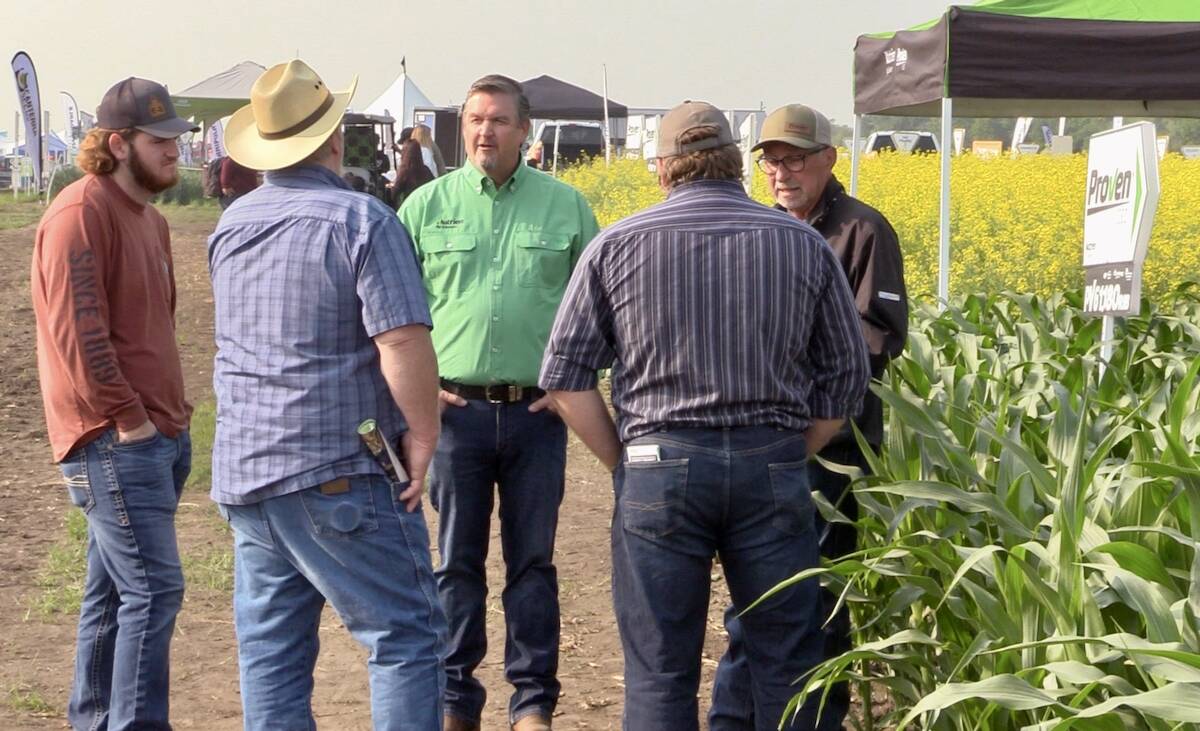
Interest in biological crop inputs continues to grow
It was only a few years ago that interest in alternative methods such as biologicals to boost a crop’s nutrient…
“The bale mashed me to the ground and bounced off me,” said Paxman.
He is lucky to be alive.
Paxman was flat on his back for four months with two smashed vertebrae, six broken ribs, two breaks in his pelvis, two broken bones in his ankle and a broken toe.
Things are different since his recovery. He no longer takes farm safety for granted and is no longer in a rush to hurry through his list of jobs.
“I move a lot slower and watch for things,” he said. “I think it added 10 years on me.”
Since the accident, Paxman has travelled to many farm yards hauling grain and he does not shy away from pointing out hazards. Most farmers don’t see the potential dangers.
Paxman, chair of the Alberta Farm Safety Centre in Raymond, doesn’t have the answers for improving farm safety. The centre has hosted safety seminars and distributed material, but few farmers take time to attend.
“The biggest problem is nobody turns out,” said Paxman.
Change will come only by educating children.
“I don’t think there’s any quick solution. It’s going to take a generation for attitudes to change.”
Bern Kotelko, co-owner of Highland Feeders near Vegreville, Alta., said few farm operations could afford to follow the strict occupational health and safety legislation that guides non-farm operations.
“If we had to hire safety people, we couldn’t pass those costs on,” said Kotelko.




